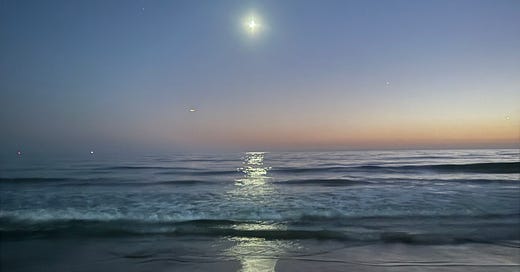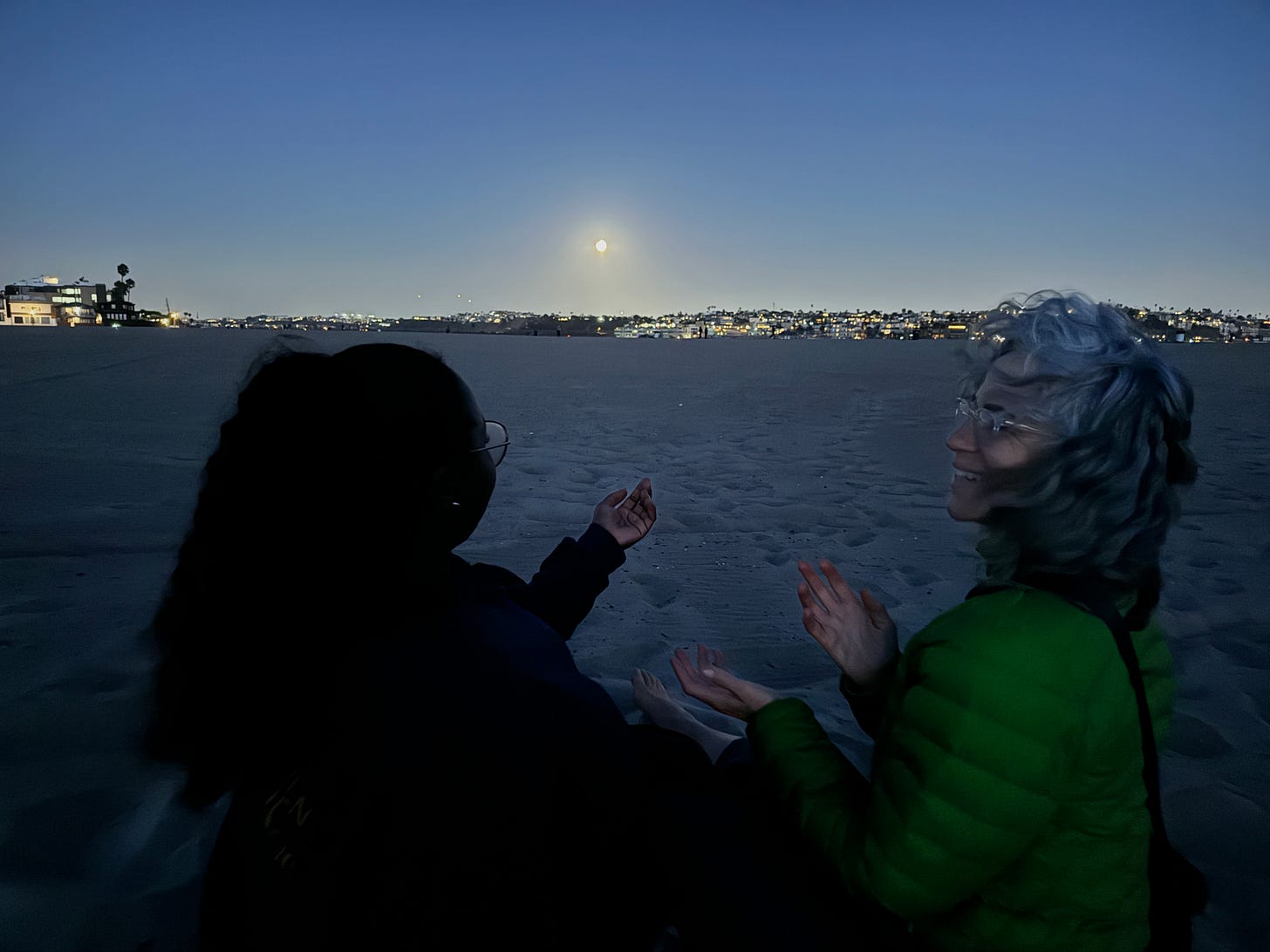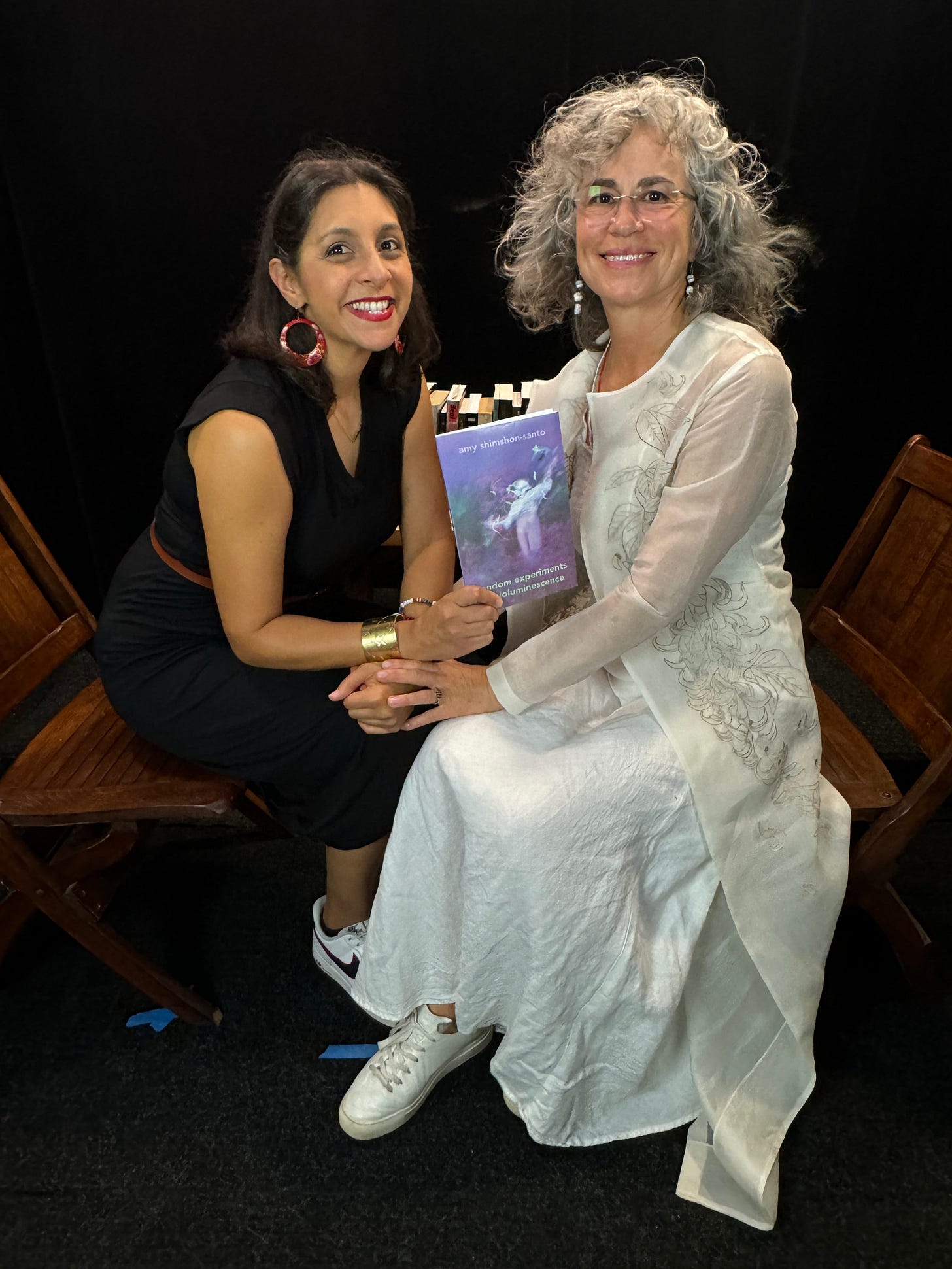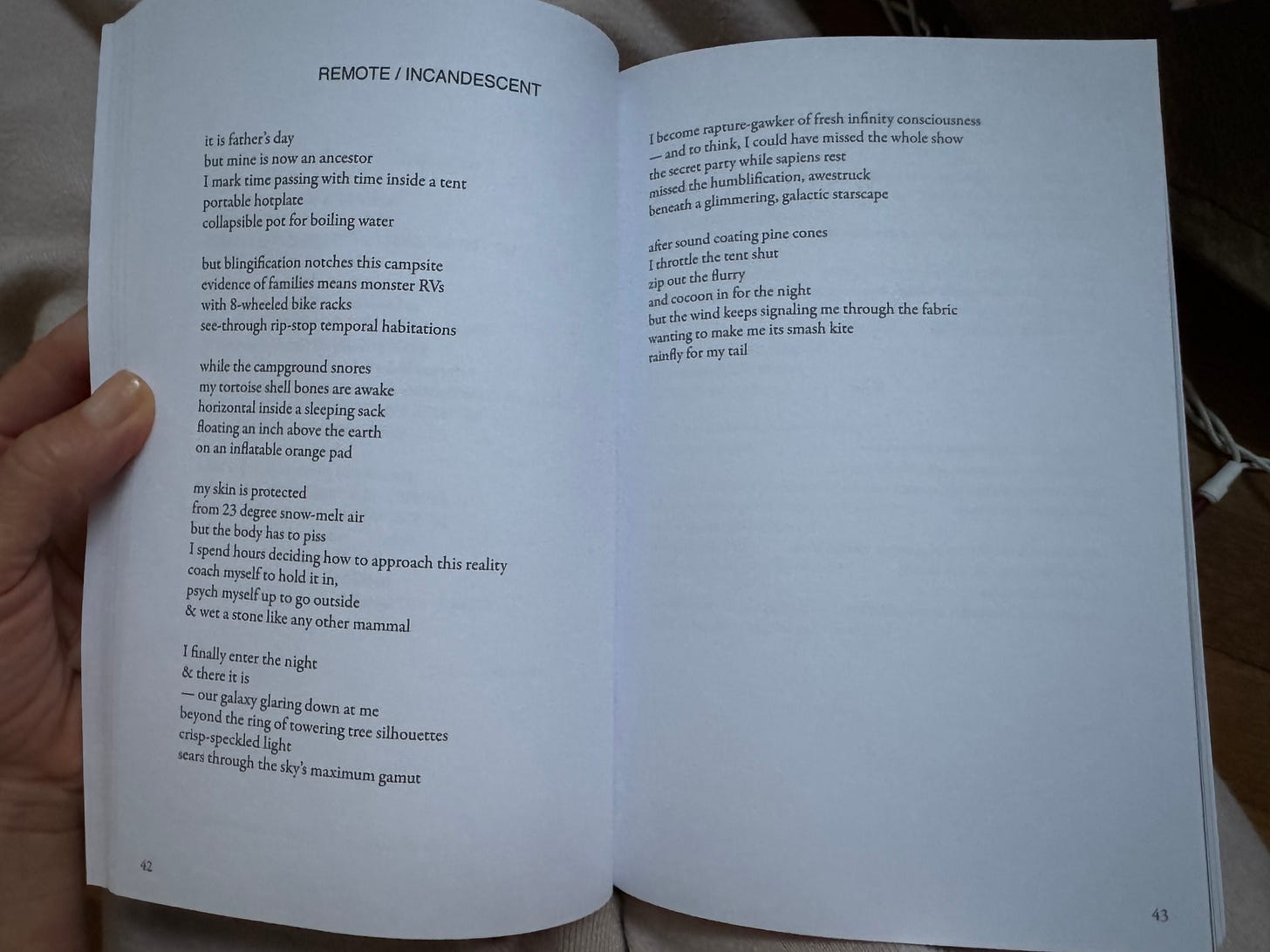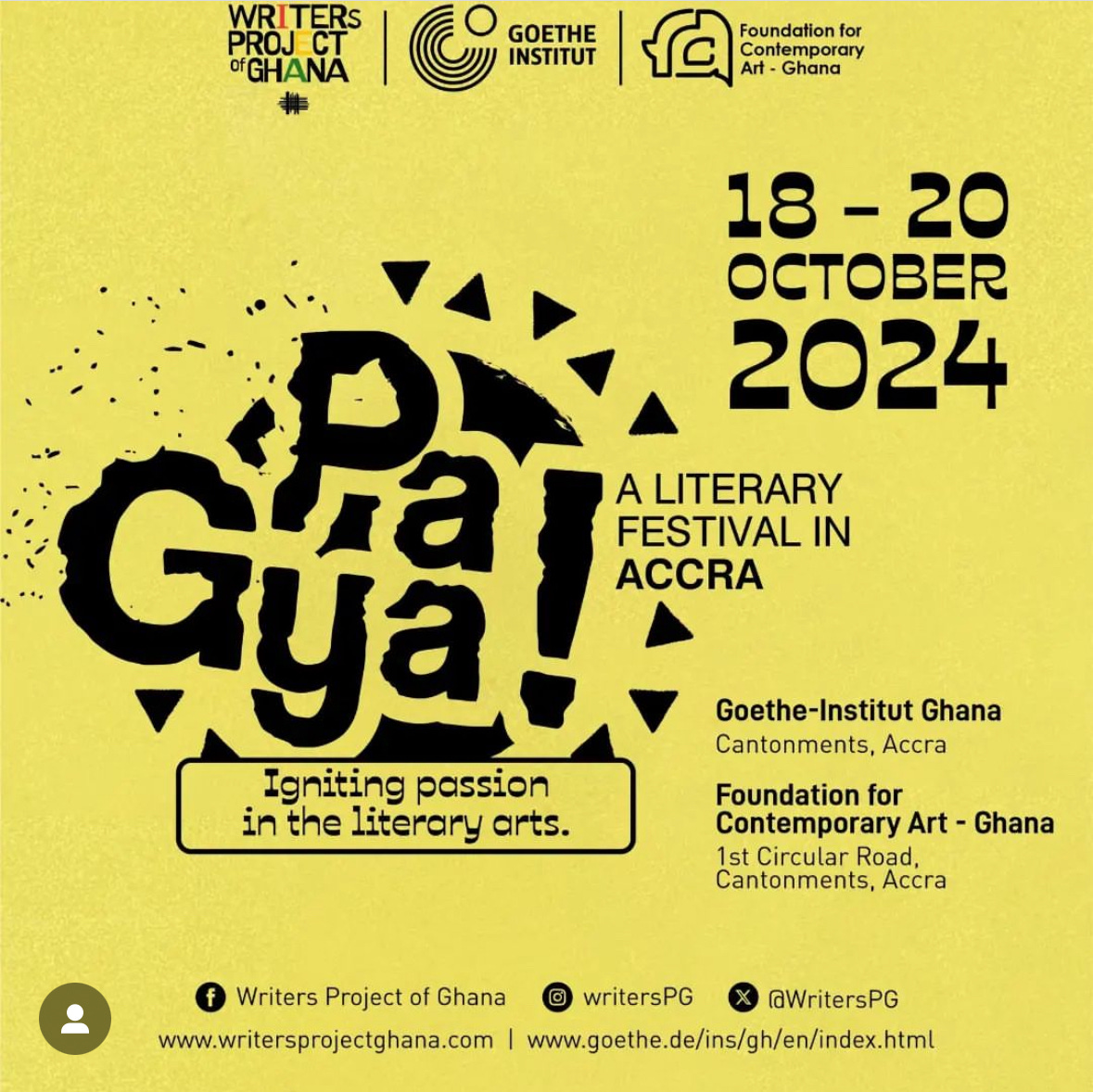We Don’t Have The Luxury Not To Dream
Dear Ones,
Please receive my abundant good wishes for this new moon in Pisces. I’ve been thinking of you and wanting to stay connected. Thank you for your patience with me while I recovered from a gnarly case of the COVID and have been doing my best to find balance, healing, and restore my sense of productivity.
We Don’t Have The Luxury Not To Dream
I’m one of many people who has been directly touched by the trauma of conflict. About a year ago, when I returned to Los Angeles, friends took me to a trunk show for Vinta Gallery — a wonderful company that offers modern Filipiniana and Filipino-inspired fashion. The clothing was gorgeous. I chose a translucent, bone-toned barong and hung it on my bedroom wall for inspiration. I’ll either wear this to the end of the world or the beginning of the new world — whichever comes first.
Luivette Resto —a tremendous poet, teacher, and literary citizen— recently interviewed me about my new book Random Experiments in Bioluminescence for Poetry.LA. Our conversation went deep, and the episode will be out later this year.
The barong has been hanging on the wall in my bedroom for about a year now and the world has ended for far too many innocent people. I am still here. So it will have to be what I wear for the world that is being born, the world that must be born. The world we can’t cease dreaming of because we do not have the luxury not to dream.
I believe that poetry is here to teach us. I know it teaches me. The poems in Random Experiments in Bioluminescence are pluri-lingual, multi-species, and planetarian. This approach is how I’m relearning how to live.
The cover art is by the brilliant designer Pao Chutijirawong. It’s a beaut!
Rapture Gawker of Fresh Infinity Consciousness
Each week, I read poems with meu irmão de consideração James. After I received the proof of the new book, I asked him to choose a page number between 5 and 116, and play his harmonica while I read to him. He landed on #42, a poem in English called “Remote / Incandescent.” The poem is about camping by myself on Father's Day, eight years after my Dad’s death. It’s actually a funny, humble, invigorating poem. And that’s the way this book works. It has a sense of humor, even about sad things.
I read one stanza at a time while James improvised harmonica at the breaks. The poem delivers its life lesson. One can feel devastated by loss, and be uncomfortable with the conditions of one’s life, and still experience the miracle of living on planet Earth.
The alone person in the poem, becomes a “rapture gawker of fresh infinity consciousness” when they witness the night sky in Nevada. Witnessing beauty, especially during difficult times, is awe inspiring. I choose to be guided by awe, not by suffering.
Here’s an audio recording and image of the poem. Maybe you can imagine James’s harmonica!
Outside the Labyrinth
I recently walked a labyrinth with fellow yogis who practice ashtanga with Pranidhi Varshney. The experience of moving inside a maze felt claustrophobic to me, but when we finally made it through, my perspective did shift.
I had to get out of the frame, lay down, and look up. After being upside down, I jotted this in my journal: “white sugar clouds were running across / the baby blue ceu, sky / fallen leaves clung to the Earth / without tumbling into the atmosphere.”
It look physically shifting my position to access the mystery and awe for life. Its not romantic or delusional to remember that we are living on a spinning sphere moving imperceptibly slowly through infinite space. It’s science.
“The world” — even a world in conflict with dire need of change — is not “bad.” It is still miraculous. All the more so because it needs care. In Jewish philosophy, according to my friend Rabbi Yonasan Perry, the world is one. We use the word “world” as a “concealment” so that we can attempt to perceive it. But the truth of things is oneness —or what we call in Ashtanga yoga Samadhi.
As a person who writes, I want to find language for this. Mamiferos. Aviary. Botanical. Aquatic. Biotic or abiotic. This is what Random Experiments in Bioluminescence is searching for. Languages of interbeing and oneness.
Creases In Your Brain
The filmmaker and environmentalist, Keenan Rhodes, came through on the same day that the book proof arrived. He sat quietly with the poems for a long time before saying: “It’s poetry and art like this that puts extra creases in our brains.”
Apparently, the sulci (grooves) and gyri (ridges) of the mammal brain are convoluted in ways that reflect one’s capacity to process information. The loss of folds in one’s brain could mean a loss of functionality. Keenan believes that these poems can reshape our brains. I’m good with that. They have certainly remade mine.
How To Get Copies of Random Experiments in Bioluminescence
Copies of the book have been available through Flowersong Press. I can now take orders to send you signed copies!
Individual Signed Copies are $20 with shipping and handling. I can receive funds via Venmo @Amy-Shimshon; PayPal @shimshona; or Zelle shimshona4@gmail.com. I’ll need your mailing address in the U.S. and who you want the book signed to. (If you are outside the U.S., I’ll send you a copy but you need to cover the accurate postage.)
The book will debute at the Pa Gya! Literary Festival in Ghana this October. I am seeking support to help me gift copies to local authors, and cover the costs of travel. Send your charitable donation of $50 or more to Creo Changemakers.
Gift Copies using Venmo (@CreoChangemakers) to Creo Changemakers (include “Gift Poetry” in the subject line), or a check to CREO Changemakers. Email info@creochangemakers.com for details.
Thank you for reading! Sending you a bundle of good wishes!
Love,
Amy

